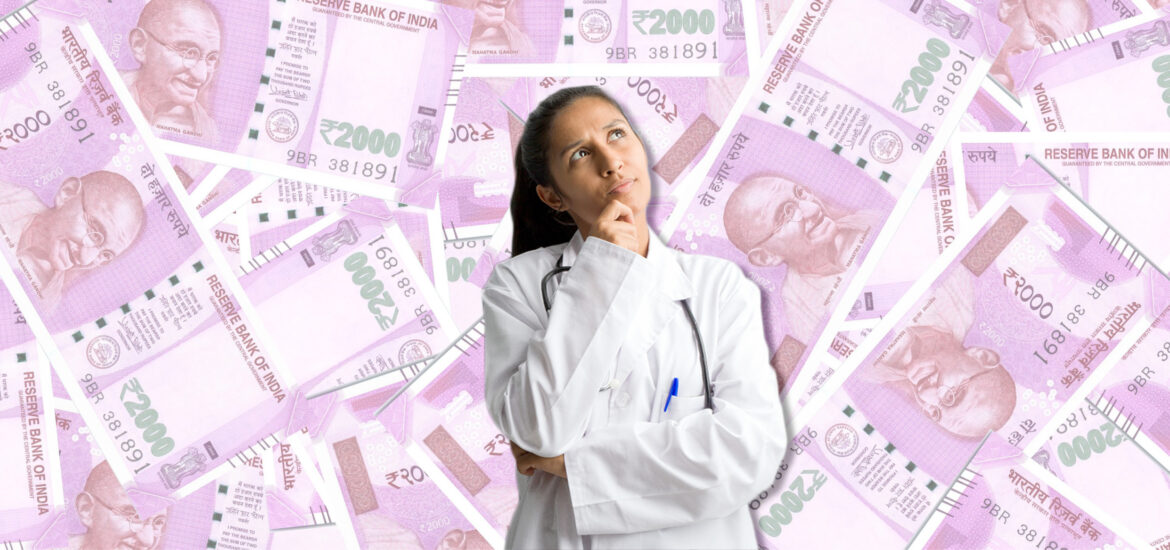An entrepreneur creates a new business, bearing most of the risks and enjoying most of the rewards. By this definition, most doctors are entrepreneurs.
An entrepreneur is an individual who creates a new business, bearing most of the risks and enjoying most of the rewards.
By this definition, whether we like it or not, we all are entrepreneurs, including owners of clinics, polyclinics, nursing homes and hospitals. Exceptions are the full-time consultants on a corporate hospital payroll.
Elements to Become an Entrepreneur
There are certain elements required to become an entrepreneur.
First, there must be opportunities to generate profit. A doctor, planning to transition from medical learning to medical practice has to consider geographical location, accessibility, rent or cost of buying, timings for consultation, local competition in the same field, etc.
Second, risk-taking. While starting his practice, a doctor takes the entire risk as there is no guarantee of profit. There is no surety of success even with the right education, training, application, hard work, and backup!
Third, it requires the organisation of people and resources.
An entrepreneur uses his time, energy and expertise to create value for others, for which he is rewarded. Both the consumer of the value and the creator, benefit. How true it is for medical practice – both the doctor and his patients’ benefit!
Each one of us, who has seen success, albeit in different measures, revisits his struggling days from time to time and realises how naïve and sometimes silly those initial days were, how he learned the ropes on the go. Would it not have made a difference if we had learned business management basics as part of our medical curriculum?
Doctors as Entrepreneurs
There are two important caveats to the idea of doctors as entrepreneurs.
Never forget we are social entrepreneurs. For-profit entrepreneurs measure performance using business metrics like profit, revenues, and input costs. Social entrepreneurs blend for-profit goals with generating a positive give back to society. Hence the metrics are different.
As part of his business, a doctor has to accept the free or subsidised treatment of the disadvantaged, the near and dear ones, the colleagues and the occasional crook. Accept it gladly, without remorse or rancour. In fact, cross-subsidisation is one of the most essential pillars of this social entrepreneurship.
Second, in these modern times, a patient is a consumer, and there is a medico-legal bond between the patient and the doctor. In recent times, there has been an increase in incidents of litigation, threats of and actual violence, mental harassment and blackmail. These cannot be condoned at all. However, we must remember that these are the vociferous minority, the outliers. We should never allow the few to decide our attitude and conduct towards the many. They must not be allowed to dictate or distort the narrative to remove the lofty principles of this unique and magnanimous profession.
What’s your take on this topic? Comment below and let us know!











Comments